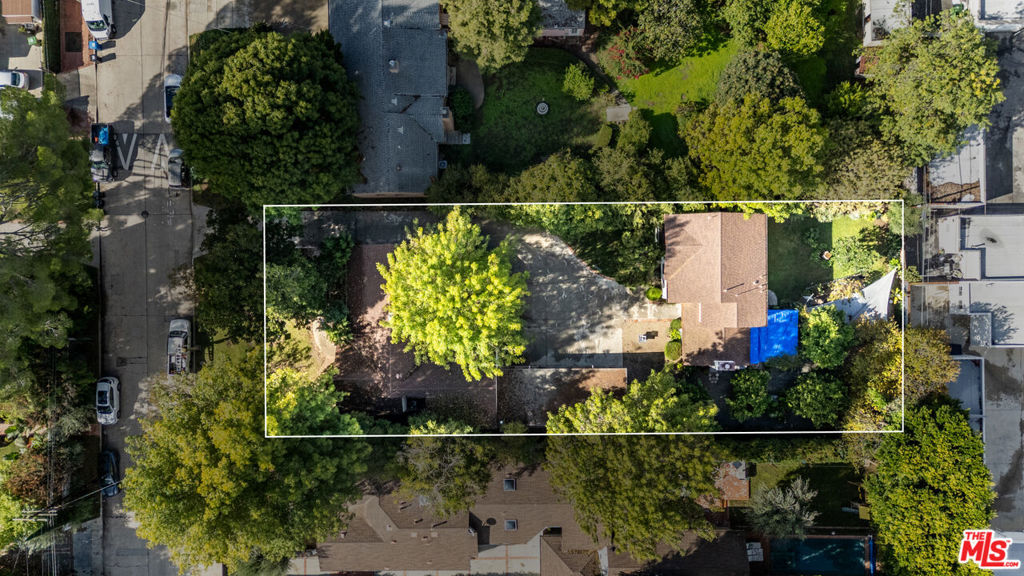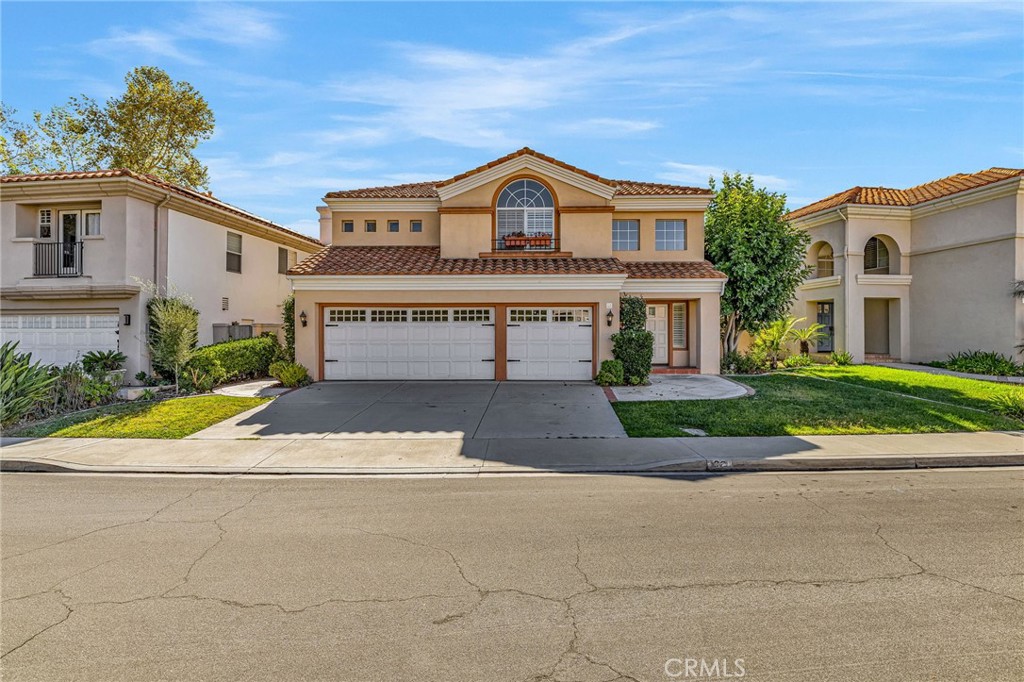Introduction:
Reverse mortgages are a hot topic. That’s why we thought we at the CREM Group would weigh in on the subject. If your home ends up going into probate, it’s important to know what your heirs might expect if you’ve taken out a reverse mortgage on your home. Also, you’ll need to know what a reverse mortgage is and understand its advantages, disadvantages, and pitfalls.
There are three basic types of reverse mortgage loans:
1. Single-purpose reverse mortgages
2. Federally-insured reverse mortgages (also known as Home Equity Conversion Mortgages HECM)
3. Proprietary reverse mortgages.
What is a Reverse Mortgage?
“If you’re a property owner who is at least 62 years old, you can borrow against your equity to get cash or a line of credit from a lender. However, UNLIKE A REGULAR MORTGAGE, YOU AREN’T REQUIRED TO MAKE MONTHLY LOAN PAYMENTS; you’ll repay the loan when you or your heirs sell the house.
The HECM Has More Steps to Follow:
- You must own the house outright or have paid a significant chunk of the mortgage.
- The home has to be your main residence, and you cannot be behind on any federal obligations.
- Your credit will be checked, and your background and other eligibility requirements will become known as the process unfolds.
- You must remain current on insurance, property taxes, Home Owners Association (HOA) dues, etc.
- If you are accepted to receive a reverse mortgage, you’ll have to listen to an information session given by an approved HECM counselor.
Reverse Mortgage Pros
- It lets you access the cash out of your home equity to pay bills, cover retirement expenses, or pay off other loans.
- You can stay in your home. The post-pandemic market is not the time to buy a new home, with prices being so high.
- Perhaps you can pay off your existing home mortgage with the proceeds from the reverse mortgage, which may free up that P & I payment for other expenses.
Why Reverse Mortgages Are Hot
There Are Drawbacks to “free” Anything. Right? (See the 3 Below.)
What Are the Cons (or Risks)?
- Foreclosure: Because the requirement is to be current on taxes, etc., and because you have to live in the home, you could lose your home to foreclosure if you’re not in compliance or fall behind on taxes.
- Inheritance: When you pass on, your beneficiaries may have to pay the entire loan balance or 95% of the home’s appraised value, whichever is less. They could have to turn back the property to the lender. OR if all the equity has been eaten up, the heirs receive no benefit from inheriting real estate.
- Fees: You’ll pay an upfront insurance premium—usually 2% of the home’s appraised value. And then there are the origination fees at closing, just like “normal” mortgages. If these fees are too high, they can cut into the equity on the home after these expenses.
- Contracts: Loans are like any contracts these days: They have lots of teeny print and legal terms that are difficult to understand but almost as important as they are teeny. “Caveat emptor” or buyer beware.
- Benefits: Remember the income you’re not paying tax on after the reverse mortgage? It STILL counts as income for other needs-based government programs like SSI (Supplemental Security Income) and Medicaid. Check to make sure your income is at acceptable levels to receive these payments. No one wants retirement surprises like that.
Our Recommendations: The reverse mortgage might be just the ticket for you if you’re looking to retire, need some free cash to pay bills, have your property taxes and any other home-related fees fully covered. It’s especially helpful if you’re staying in your home, have plenty of equity, and do not think your home value will dip radically after the housing bubble is gone.
A reverse mortgage may not be the best idea for you if you aren’t sure you will be able to keep up with the property taxes or if you spend a lot of time living in your second or third home overseas. The property has to be your primary residence. Your heirs should be told you are taking the reverse mortgage. They stand to have less equity and may have to give up the home.
As probate real estate agents in California, we see all kinds of things happen. You want to make sure your heirs have property, unencumbered, of course, but you do have to look out for your retirement. And who could have predicted a pandemic?
Call us if you have questions or would like more information on the other two types of Reverse Mortgage loans. For a high-value home, for instance, the proprietary reverse mortgage might be the best idea. Single-purpose reverse mortgages may carry lower interest rates than the other two. Make sure you know your goals for taking out the reverse mortgage and consult with your family, your attorney, and advisors first. Compare to Home Equity Lines of Credit (HELOCs) and make sure you’re making the right decision for the right reasons. Compare interest rates across different lenders.
WATCH OUT FOR FRAUD in this area. Be sure you are working with reputable companies. With all our years as probate real estate experts handling probate and conservatorship homes and properties, we’ve had a lot of experience with reverse mortgages and everything related to the real estate probate process in Orange and Los Angeles Counties in Southern California.
After you’ve done your research, you might find that the first “great” deal was not so good after all. Check. Check. Check again. Like in your rearview mirror
We have been handling probate real estate transactions for both residential and commercial properties in Los Angeles and Orange Counties for years now. We have made sure we support our clients, so they know the legal aspects of selling their probate, trust, and conservatorship homes in California. We also try to ensure that our readers are aware of many trends in real estate.
As always, contact us by email here if you have any questions about real estate, probate real estate, conservatorship, or trust real estate properties, especially in Los Angeles and Orange Counties in California.
Or directly:
Mark Cianciulli, Esq.
[email protected]
DISCLAIMER: This content is meant purely for educational purposes. It contains only general information about real estate and legal matters. It is not legal advice and should not be treated as such. We recommend consulting a legal or tax professional before acting on any material, opinion, or point of view described herein.
#RealEstateTrends #ReverseMortgages #ProbateHomes #SupplyandDemand #ReverseMortgagePros #ReverseMortgageCons #ProbateRealEstateAgents #WhatIsAReverseMortgage? #TaxFreeIncome




